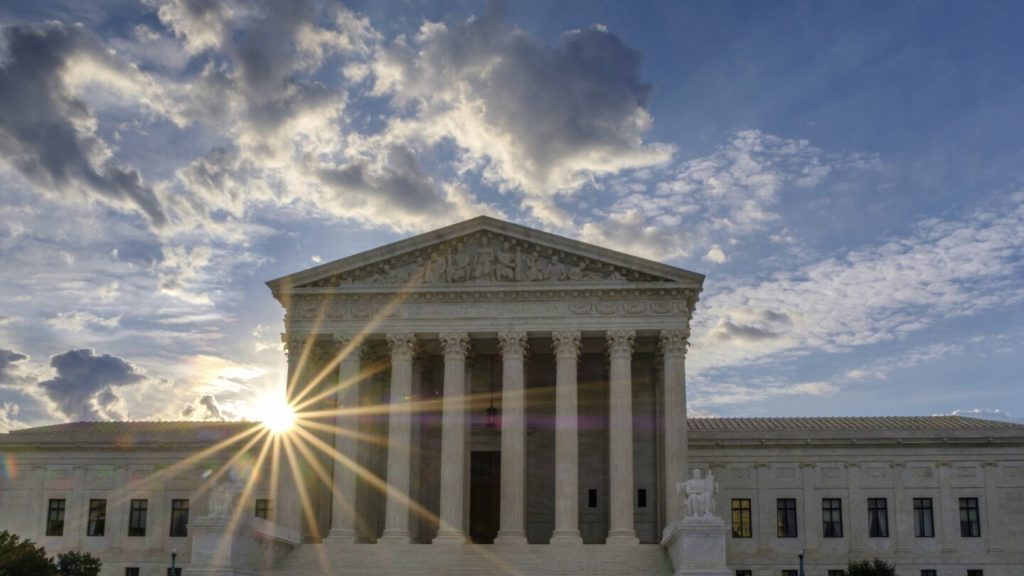The Supreme Court has agreed to hear an appeal from a CBD hemp oil maker who is fighting a lawsuit from a truck driver who claims he was fired after using a product falsely advertised as being free from marijuana’s active ingredient. Douglas Horn used the product to help with chronic shoulder and back pain after a serious accident. The company claimed it contained CBD but not THC, which gives marijuana its high. However, after failing a routine drug test, Horn confirmed that the product did contain THC. He sued the company under the Racketeer Influenced and Corrupt Organizations Act (RICO), alleging that the THC-free marketing was fraudulent.
RICO is a law originally intended to prosecute organized crime, but individuals can also file civil suits under it against alleged schemes and potentially collect triple the damages if successful. An appeals court found that Horn’s claim should be allowed to proceed. Medical Marijuana, Inc., the company being sued, has appealed this decision to the Supreme Court, arguing that Horn cannot sue under RICO because he is claiming a personal injury. Despite other appeals courts dismissing RICO suits in similar circumstances, the company believes this case is a good one to set a nationwide rule. Horn, on the other hand, argues that his firing was a business injury that has financially ruined him.
The case will be heard in the fall by the Supreme Court, setting the stage for a potentially groundbreaking decision on the interpretation and application of RICO in cases involving claims of misrepresentation or fraud related to CBD products. The outcome of this case could have significant implications for the CBD industry and how products are marketed and advertised to consumers. As CBD becomes increasingly popular and widely used for various health and wellness purposes, ensuring transparency and accuracy in product labeling and marketing claims is crucial to maintaining consumer trust and confidence.
Many legal experts will be closely watching this case to see how the Supreme Court interprets and applies RICO in the context of a consumer fraud lawsuit related to CBD products. The decision could provide clarity on the ability of individuals to seek damages under RICO for alleged misrepresentation or false advertising in the CBD industry. As the CBD market continues to expand, regulatory oversight and enforcement of marketing practices will likely become more important to protect consumers and ensure the integrity of the industry. This case could set an important precedent for future consumer protection lawsuits involving CBD products and potentially lead to increased accountability for companies in their marketing practices.


